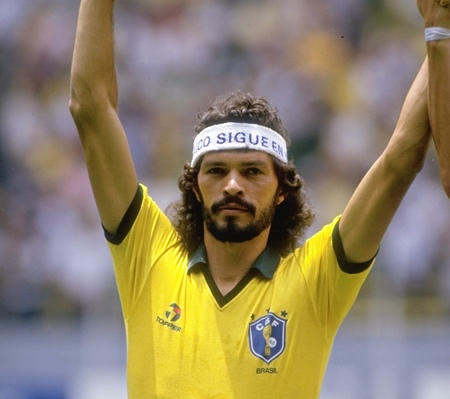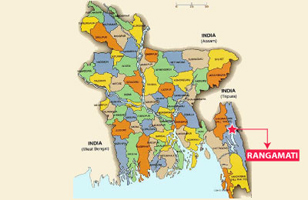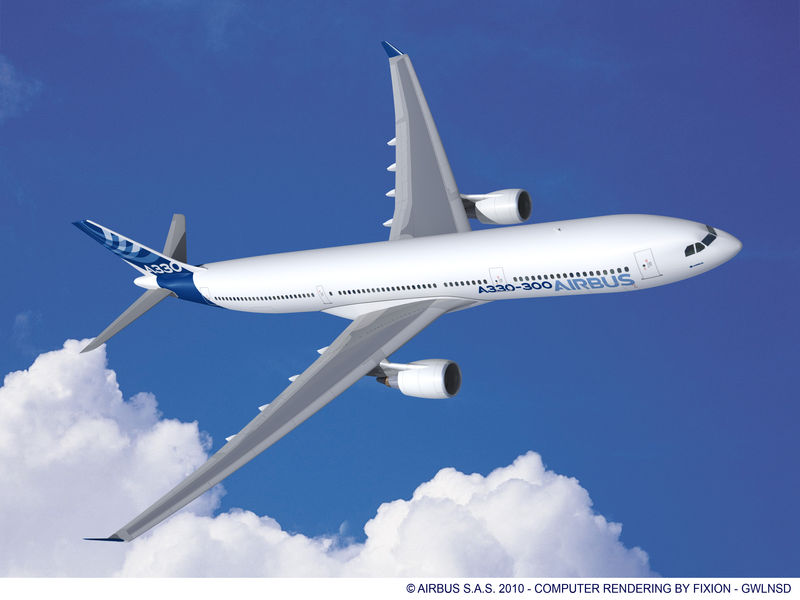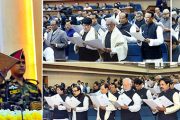For the entire football family, players, coaches, referees and directors alike, 2011 has been a year tinged with sadness. From legendary Brazilian midfielder Socrates to the vastly experienced Croatian coach Tomislav Ivic, football has lost some of its most iconic figures over the past twelve months. In a list that is by no means exhaustive, FIFA.com pays tribute to those servants of the game who are sadly no longer with us.
Players
Brazilian football lost one of its brightest talents this year with the death of Socrates Brasileiro Sampaio de Souza, the player known simply as Socrates. With his effortless style and statuesque poise, the midfielder was a shining light on the pitch, notably for A Seleçao, for whom he scored 22 goals in 60 appearances between 1979 and 1986.
Socrates’ list of career honours is, however, surprisingly short in comparison to his towering talent. His most successful club spells came at Botafogo and later Corinthians, where he spent the bulk of his career, and he represented Brazil at two FIFA World Cups™, in 1982 and 1986. Socrates also captained Brazil for a time, as did his younger brother, Rai, but never won an international title.
‘The Doctor’, as he was known during his playing days in recognition of his medical qualifications, went on to practise as a sports medicine specialist after his retirement in 1989. He eventually succumbed to an intestinal infection on 4 December this year.
Former Hungary international Florian Albert, regarded as one of the most elegant players ever to have graced the game, died in October at the age of 70. Albert was a natural heir to the Magical Magyars of the 1950s, with his exceptional close control, explosive pace, vision, passing ability and powerful shot making him a peerless performer. A one-club man, Albert played for Ferencvaros from 1958 to 1974 and scored 31 goals in 75 appearances for the Hungarian national team.
Albert was elected European Footballer of the Year in 1967 and picked up two prizes at the 1962 FIFA World Cup Chile, sharing the Golden Boot with five others and winning the Best Young Player award. It was at Wembley in 1966, however, that Albert enjoyed perhaps his finest hour, inspiring Hungary to a 3-1 win over Brazil. A day of national mourning was observed in Hungary after his death earlier this year.
Powerful Russian forward Valentin Ivanov, who died in November aged 76, spent his entire career at Torpedo Moscow, scoring 124 goals in 287 games and winning two domestic league titles. Ivanov also enjoyed a successful coaching career, adding a league title and three cup triumphs to his list of honours.
Slovakian defender Jan Popluhar, who represented Czechoslovakia 62 times between 1958 and 1967, died in March at the age of 75. Popluhar played in the 1962 FIFA World Cup final, and in 2004 was voted Slovakia’s best footballer of the 20th century. His former international team-mate, Ladislav Novak, also passed away just a few weeks later. Novak, a left-back, won 75 caps and also appeared in the 1962 final, before going on to pursue a career in coaching. Another famously solid defender, Bosnian Josip Katalinski, died earlier this year aged 63. Katalinski represented Yugoslavia 41 times between 1972 and 1977, scoring ten goals.
Cuba international Juan Tunas, another of football’s legendary figures, died earlier this year at the age of 98. Tunas scored twice in Cuba’s 2-1 victory over Romania in the first round of the 1938 FIFA World Cup France to help create one of the first major upsets in the competition’s history. Tunas, until his death the last surviving member of the 1938 side, was known as El Romperredes (The Netbuster) for his powerful shot, which did once break a net during a league match. The year also saw the passing of Jean Daniel Eboue, a player known as “Iron Lungs”. The powerful midfielder, famed for his versatility and tireless work-rate, played for Canon Yaounde in the 1970s and 80s and won the very first Cameroonian Ballon d’Or award.
Former England defender Laurie Hughes, who played in the Three Lions’ famous 1-0 defeat by USA at the 1950 FIFA World Cup Brazil, died on 9 September at the age of 86. Hughes was also part of Liverpool’s historic, title-winning side of 1947.
Naoki Matsuda, capped 40 caps for Japan between 2000 and 2005 and a linchpin of former club side Yokohama F Marinos, died in January at the age of 34. Matsuda passed away two days after suffering a heart attack in training with his club, Matsumoto Yamaga. Costa Rican international Dennis Marshall, 25, died in a car accident near San Jose on 23 June, just five days after he scored against Honduras in the CONCACAF Gold Cup quarter-finals.
Coaches
Tomislav Ivic, a modestly-talented player who enjoyed a long and fruitful career as a coach, passed away in June at the age of 77. The Croatian coached at 19 clubs across Europe, winning eight league titles in six different countries.
The death of Wales manager Gary Speed, 42, on 27 November triggered a huge outpouring of grief in the British Isles and beyond. Former midfielder Speed was Wales’ second most capped player, and, in December 2006, he became the first player to make 500 Premier League appearances. He retired from playing in 2010 having scored 134 goals in 834 club appearances, as well as seven in 85 internationals for Wales.
Finally, former Uruguay international and head coach Hector Nunez, who led La Celeste to Copa America glory in 1995, died in Spain on 19 December.
Directors and referees
Dario Borgogno, former General Secretary of the Italian Football Federation under the presidency of former UEFA president Artemio Franchi, died in January at the age of 87. Borgogno was a member of the Organising Committee for the 1990 FIFA World Cup, which Italy hosted. The Football Association of Wales, meanwhile, lost former secretary general Alun Evans, who died at the age of 69. Evans occupied the post from 1982 to 1995.
Isaac David Sasso Sasso, a former member of the FIFA Executive Committee and the vice-president of CONCACAF between 1990 and 2007, passed away in Costa Rica at the age of 85. After a successful business career in Costa Rica, Sasso Sasso spent the best part of 30 years putting his skills to use for the benefit of national and international football. Meanwhile in Spain, Fernando Vara de Rey, a former vice-president of the FIFA Appeal Committee and a member of the Spanish Football Association for 21 years, passed away on 18 July at the age of 74.
Leo Kirch, described as “the father of German private television”, died on 14 July at the age of 84. In 1984, Kirch and his company KirchMedia helped to launch commercial television in Germany, before later buying broadcasting rights to German football matches and Formula One races.
Finally, referees around the world paid tribute to Russian official Vladimir Pettay, 38, who was one of 44 killed in a plane crash in Petrozavodsk on 21 June. Pettay was on his way back from officiating a league match between Dinamo Moscow and Rubin Kazan.
Source : FIFA






































